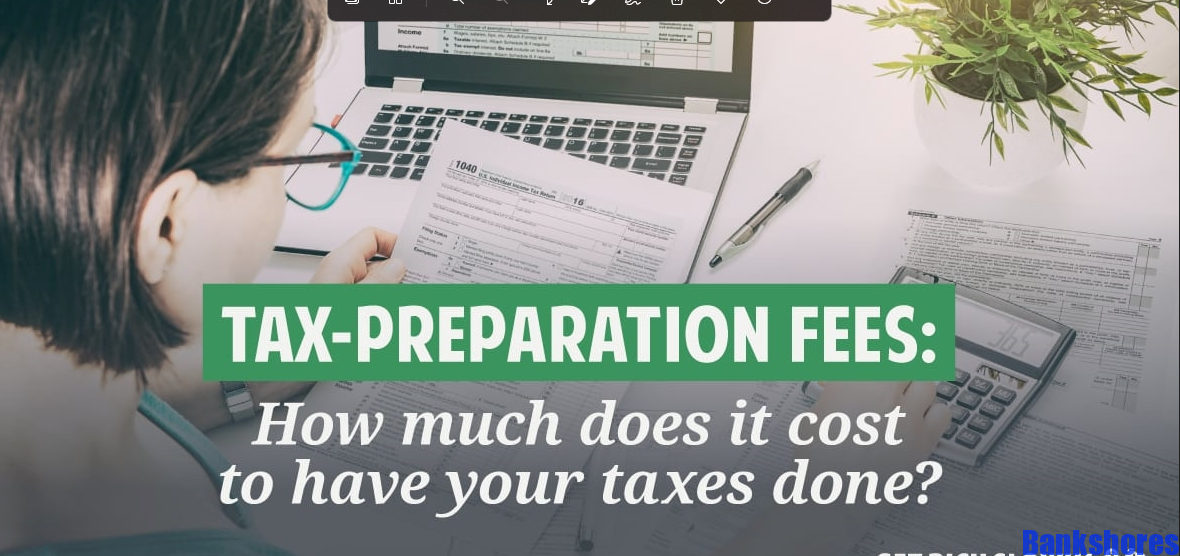How to Fund Your Real Estate Business: Finding the necessary funds can be difficult when you’re new to real estate investing. Understanding how to fund a real estate transaction is just as crucial for a new investor as locating one; in the current market, many new investors struggle due to a lack of real estate financing since they are unaware of their possibilities.
The money required for a current deal is referred to as real estate financing. To buy a property, investors will obtain funding from a certain lender or source. Real estate finance has special terms and conditions that must be understood, much like traditional financing.
Thankfully, you have a few options to choose from so you can obtain the best real estate financing, regardless of your present financial status.
Below are the top five approaches.
- Individual Loans
Among real estate investors, private lenders are frequently a preferred source of capital. These investments are not bank-funded; rather, a group or private person is funding them.
These loans frequently have less eligibility requirements due to the simplified approval process, which may make them more accessible. Private lenders are moreover frequently more prepared to finance riskier initiatives.
However, before being required to sign an ad hoc agreement, investors are able to pay back the loan. Private lenders for the company beginning loans frequently charge higher interest rates and may also demand greater down payments or personal security when it comes to commercial real estate finance. Private loans typically have repayment periods that are one to two years shorter than those provided by standard lenders.
- Loans from SBA
Loans from the Small Business Association (SBA) provide banks who want to lend money to start-up businesses with a repayment guarantee. The SBA’s guarantee encourages banks to take on greater risk.
Although the investor will determine whether the loan is affordable, SBA loans for real estate often have larger borrowing limits, up to $2,000,000.
Borrowers may find the lengthier repayment periods and protection from balloon payments to be appealing characteristics that might assist to stabilize their cash flows.
Notably, SBA loans can be used to launch real estate businesses like brokerage funds or property management funds but not to invest in real estate.
Sadly, the security provided by SBA real estate loans has a cost.
Investors must be creditworthy and be able to prove big returns on their tax returns in addition to being susceptible to exorbitant costs. It takes a while to apply for an SBA loan for real estate investment, and the borrower must put up personal assets as security.
- Crowd-funding
Traditionally, wealthy individuals were the only ones allowed to invest in real estate. But once the Labor Act of 2012 was approved, real estate crowdfunding made it simpler for investors who wish to diversify their portfolios.
Investors can explore real estate crowd-funding websites to discover a suitable project to invest in rather than having to manually look for properties to repair.
Then, investors have the option of financing a property stake for a cheap cost—possibly less than $1,000. After the project is finished, they can pay the rent or receive a portion of the proceeds.
In light of this, crowd-funding ventures do carry a higher risk. Investors don’t have as much influence over a project’s result as they would in a classic fix-and-flip arrangement.
Also keep in mind that depending on how the investment is structured, the return may take longer. If the project fails, the investor—not the builders—will bear the loss.
- Small loans
Microloans are typically intended for newer businesses or start-ups that require funding to expand. These loans, as their name implies, are smaller than those generally provided by conventional bank funding. For those interested in borrowing more than they have available, lower balances indicate that microloan programs are less restrictive in terms of eligibility conditions, such as a credit score.
Note: Compared to traditional loan programs, microloans typically provide higher interest rates.
Microloans might not be appropriate for everyone, though. Although microloans frequently range up to $50,000, the typical loan is just about $13,000, so it’s critical to accurately assess your costs.
- ROBS
You can choose to work with rollover for business startup (ROBS) providers if you don’t want to apply for a loan.
A payout or tax penalty won’t occur if business owners use this sort of finance to take any accessible funds from their retirement accounts. You cannot use ROBS to make real estate investments, much like with SBA loans.
Since it is their own money, there is no debt to pay off, allowing them to use it all for business expansion. Furthermore, if the company fails, it won’t have a negative impact on their assets or creditworthiness.
Before investing in ROBS, be sure to weigh the risks as an investor. Remember that they can only take monies from their existing accounts, so they might have less money accessible than if they had a loan.
As a result, if a shareholder decides to put all of his pension money in the company and the company fails, the shareholder might not be able to enjoy a comfortable retirement.






